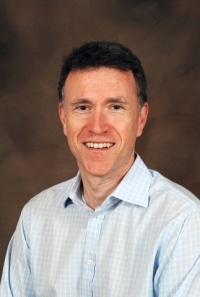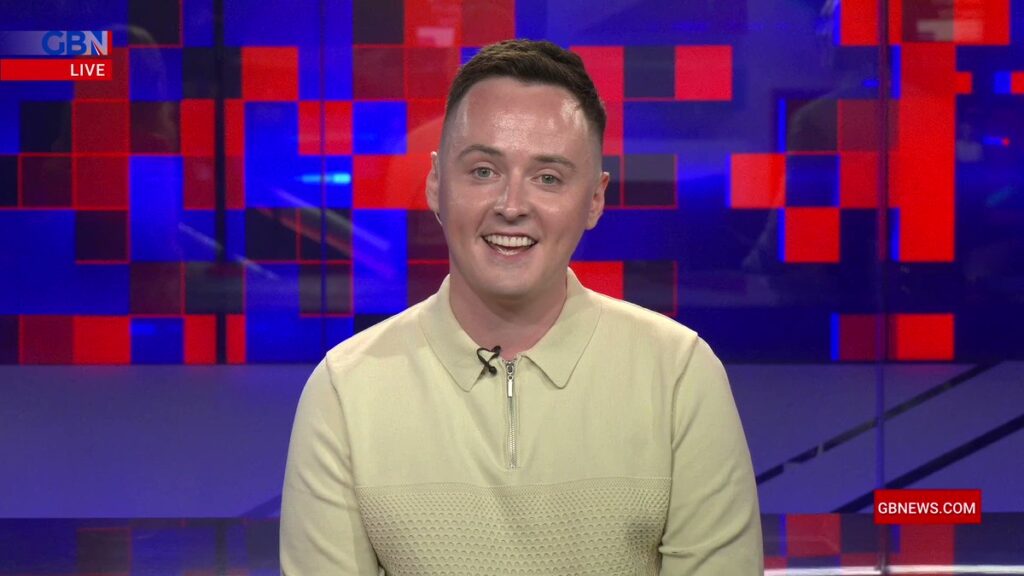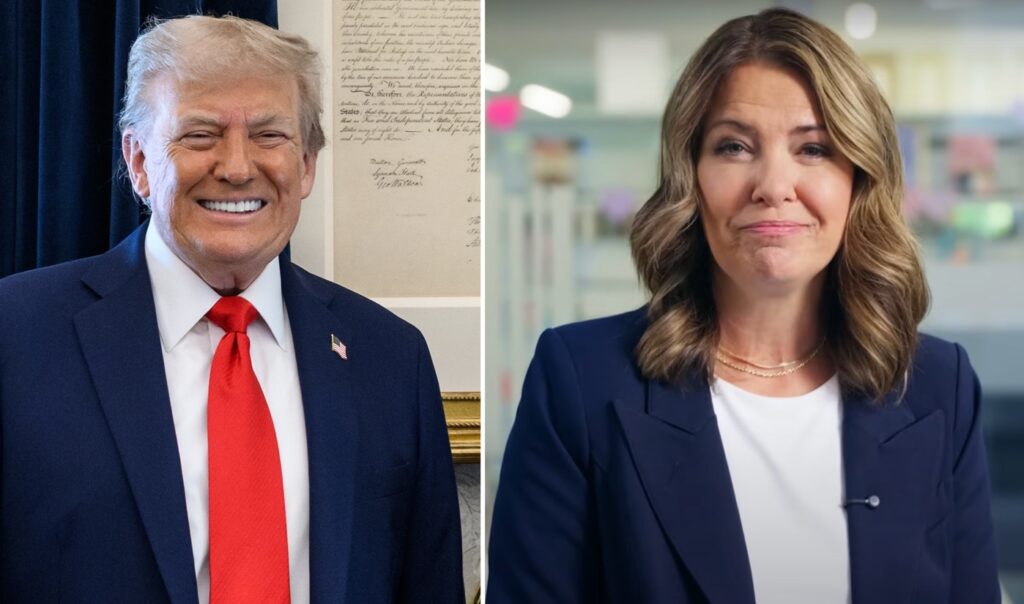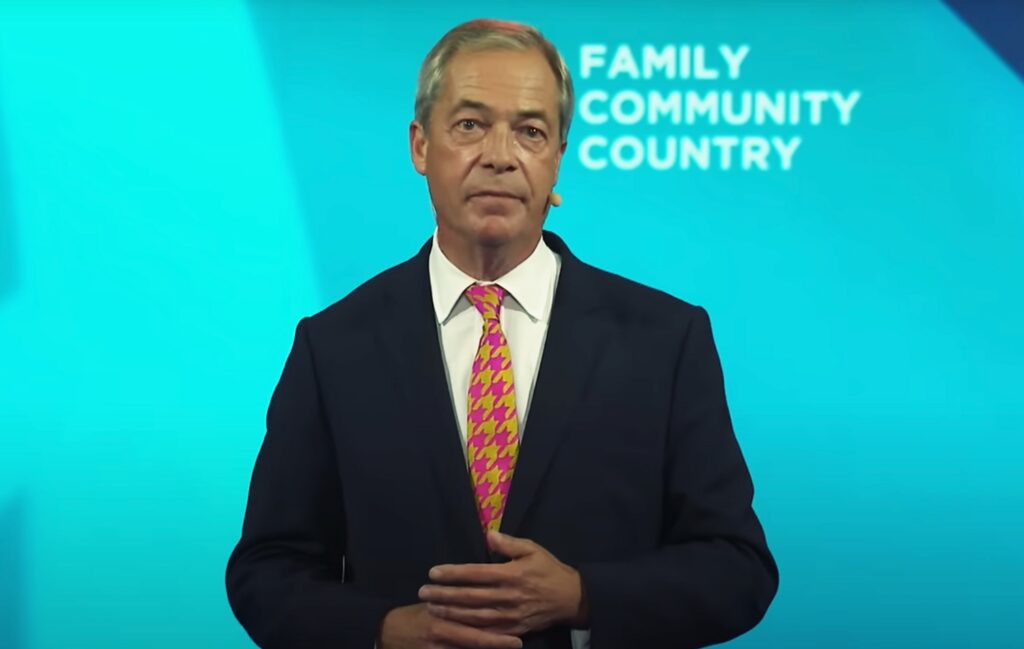The DeSmog UK epic history series continues with the first in a double-bill feature on how the European Science and Environment Forum joined the sceptics’ vitriolic attack on climate science.
Roger Bate, head of the Environment Unit at the free market think tank, the Institute of Economic Affairs (IEA), was an extremely energetic man.
Not only did Bate (pictured) help to organise the first major climate denial conference in Britain, hosted by the IEA in 1995, but he also established his own think tank, the European Science and Environment Forum (ESEF), by turning the contacts he made into funders and contributors.
One of these contacts was Dr John Emsley, a chemist at Imperial College London who wrote a regular “Molecule of the Month” column in the left-liberal Independent newspaper. The idea behind his column was to explain to the public the benefits that chemicals brought to people and the planet.
Bate’s Recruits
Emsley attended IEA events where he met Bate and his friend Julian Morris. “I must say I did enjoy talking to and arguing with Roger and Julian, mainly because I was at the opposite end of the political spectrum,” Emsley told me.
Bate invited Emsley to join the ESEF and help edit his forthcoming book, What Risk? Emsley explained: “I was mainly involved in editing the two climate change books it produced, which echoed my thoughts at the time about the relative importance of CO2 as a greenhouse gas.”
Bate also persuaded professor Frits Bottcher, the director of the Global Institute for the Study of Natural Resources in The Hague, to come on board. “The issue of climate change was the initiation for the meeting,” according to ESEF’s promotional material.
The charity set out its aim on its website as being “to inform the public about scientific debates” and to “provide a forum for scientific opinions that are usually not heard in public policy debates”.
Bate would place comment articles across the international media under headlines like A Myth Stubbed Out, Is Nothing Worse than Tobacco? and Global Warming, Don’t Believe the Hype. Bate even attacked attempts to reduce lead in drinking water.
‘Imposing Consensus’
He set about sending out press releases and helping maverick scientists to write articles for the popular press. He offered to “advise scientists [on] how to present their findings to the media, and how the media will perceive, and may use, the information”.
The ESEF joined the sceptics’ vitriolic attack on the UN Intergovernmental Panel on Climate Change (IPCC) in March 1996 with the headline “Scientists attack ‘official consensus’ on global warming”. The article accused the IPCC of “imposing consensus” on scientists, retarding research and relying on dodgy climate models.
Bate also drew up a comprehensive plan for the ESEF project that year. The think tank produced a paper for publication in the US and Europe under the headline “Why regulate nicotine when caffeine is more addictive?” which was described as “a follow-up to the work done by the Koch-funded Competitive Enterprise Institute (CEI) in the US where they petitioned the Food and Drug Administration (FDA) to ‘regulate caffeine’”.
Bate wanted to show that the regulation of nicotine “has nothing to do with the science and a lot to do with empire building by the FDA”. In his carefully prepared notes, he warned that the article “needs careful handling”.
The ESEF then published a monograph attacking the scientific warnings that environmental tobacco smoke could cause cancer in March 1998. In August, Bate appeared on the BBC’s Today programme to attack the “junk science” of passive smoking.
But the charity was in danger of being accused of acting as a public relations company for tobacco and other industry interests.
‘Maintain Independence’
According to the corporate responsibility campaigners Lobbywatch, the original ESEF website stated: “To maintain its independence and impartiality, the ESEF does not accept outside funding from whatever source, the only income it receives is from the sale of its publications.”
Promotional material sent to a tobacco company was only slightly different, saying: “To maintain its independence and impartiality, ESEF accepts funding only from charities, and the income it receives is from the sale of its publications.”
Bate approached the second largest tobacco firm in the US, R. J. Reynolds Tobacco Company, asking for £50,000 in cash for a book about environmental risks including a chapter on passive smoking. But the company turned him down and the money was never paid.
That, however, did not slow Bate down. Over the next two years he would recruit the coal-funded sceptic scientists Robert Balling and Patrick Michaels to the academic board of ESEF, as well as renowned climate denier Fred Singer in the United States.
IEA Lobbying
There has been an assumption among environmentalists that the tobacco industry deliberately created think tanks that would attack regulations and the restrictions on smoking.
But one former industry insider who agreed to speak to me said the relationship was often the other way around. Bate and his colleagues at the IEA were actively lobbying the tobacco companies to do more to attack regulation and saw their apparent inaction as short-sighted and a betrayal of principle.
Moreover, it was the IEA and other think tanks that were seeking funding from tobacco, not the other way around.
Bate attended several meetings at the offices of British American Tobacco in Staines, Surrey to discuss the work of the Environment Unit and his own forum. He worked closely with Keith Gretton in British American Tobacco’s corporate communications department, who sent out an internal memo: “Should the [Risk Assessment (RA)] programme take off fully in the UK or EU, the IEA is a good ally. A current thrust of its work is on RA (initially re global warming etc, widening its net later in 1996).”
It continued: “An RA publication is planned to which we could input. When a decision is made on the appropriate strategy for going forward on RA, we should meet Roger Bate head of IEA Environment Unit.”
Don’t miss part 2 in the DeSmog UK double-bill epic history feature where Bate continues to court the tobacco industry while scientists unknowingly do its bidding.
Photo: Creative Commons
Subscribe to our newsletter
Stay up to date with DeSmog news and alerts







